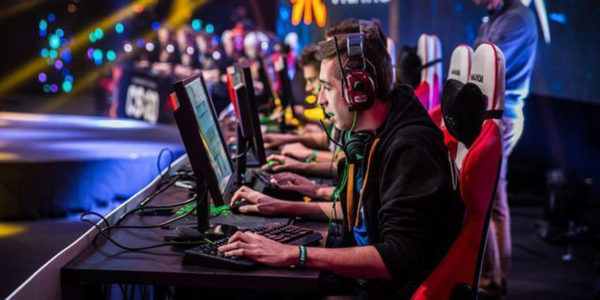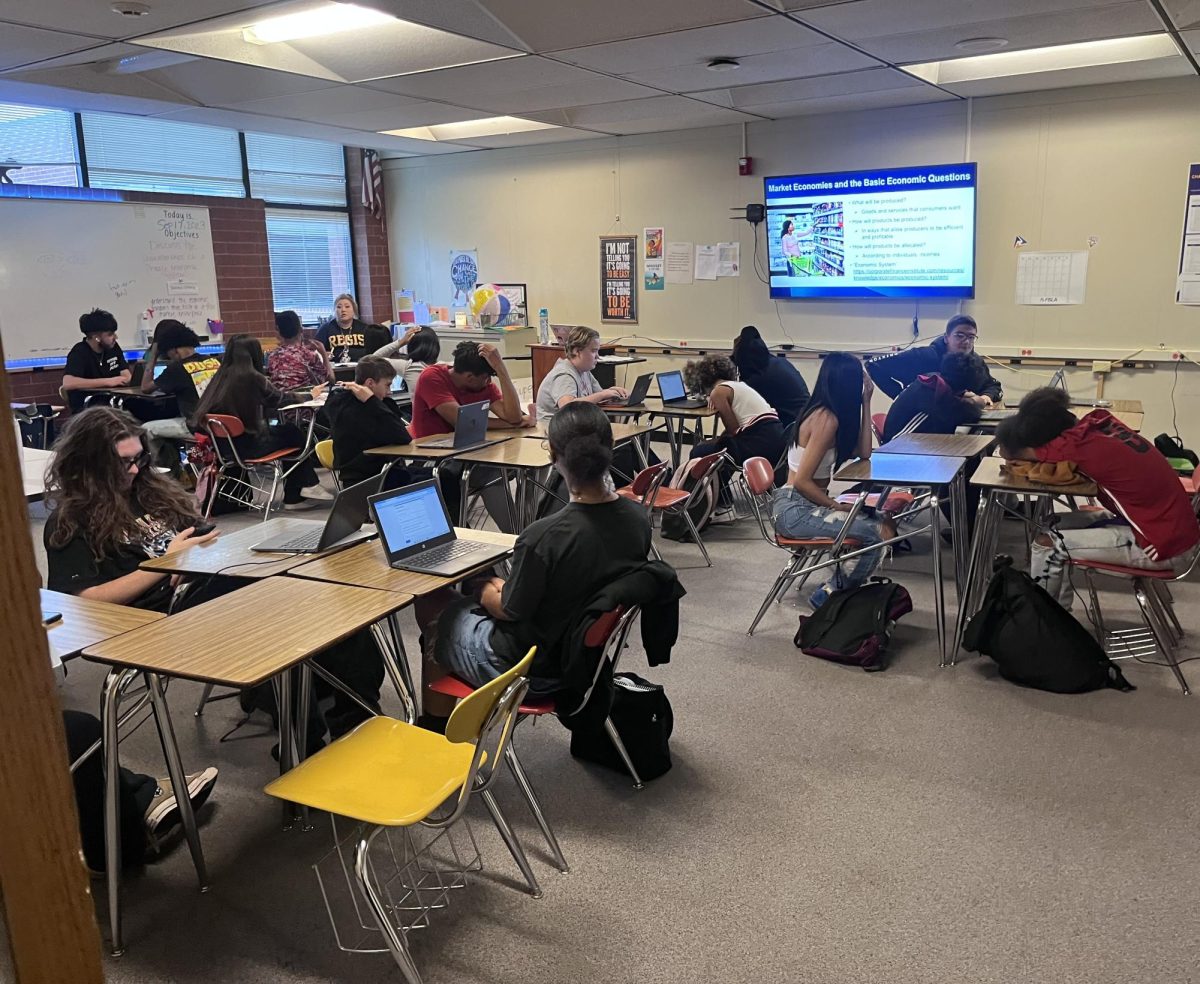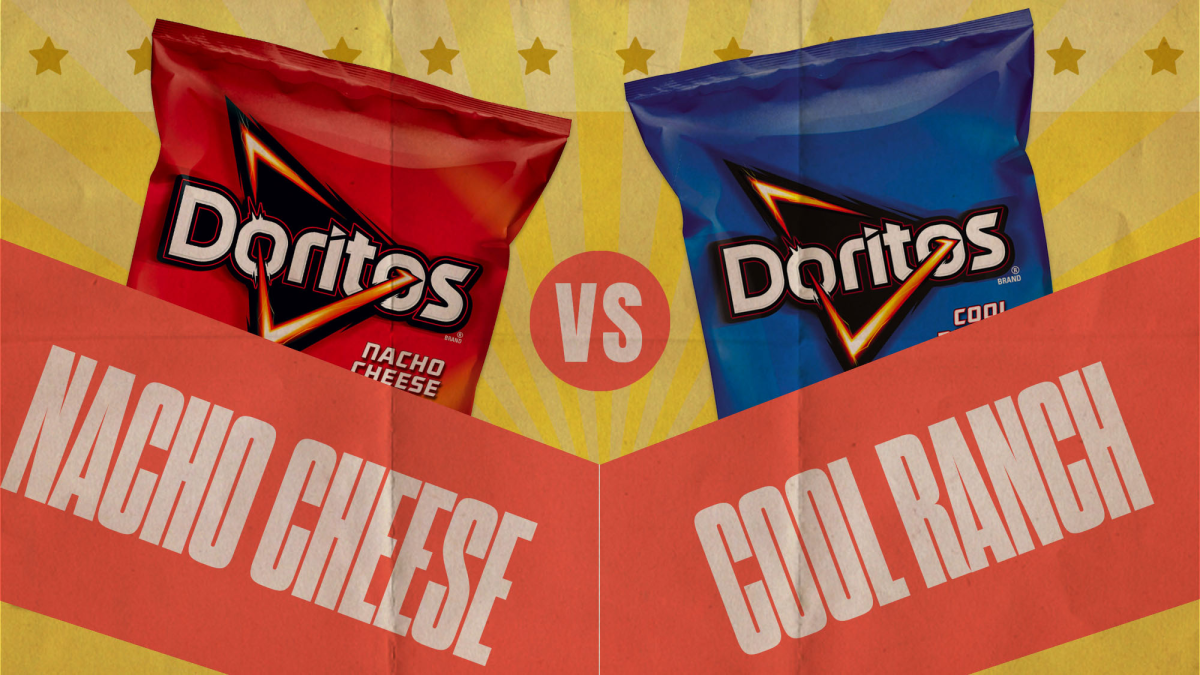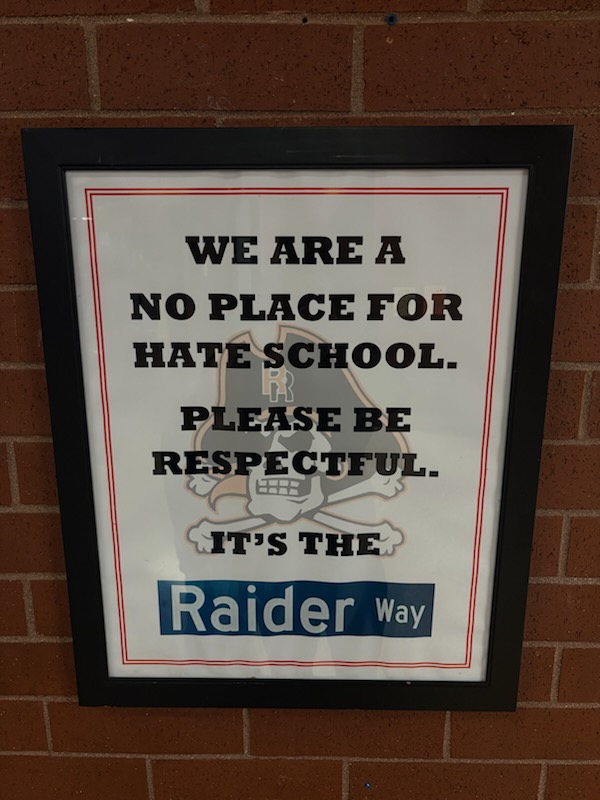Feature Photo Credited to: eSportsGO – A boy competes in the 2014 Dreamhack Counter-Strike: Global Offensive championships. Competitive gaming has become increasingly popular throughout recent years and is regarded by many as a real sport.
I often pride myself on being able to type relatively faster than I can run. No, it’s not because I’m slow, but more so it’s the hours I’ve spent behind my computer, “training.” I ran track all throughout middle school, played basketball since I was eight and soccer since I was five. However, through it all, I’ve spent the most time practicing, strategizing, and frantically shouting at my teammates through an 18 by 12 inch screen.
I’m a skinny, 5’5” Asian kid who loves sports. With a naturally competitive mindset, I love the sensation of being the best at what I do. However, I sat down one day, (ironically) playing League of Legends on my computer and asked myself – when was the last time someone like me, minuscule, was drafted into the NBA or NFL?
The reality struck me that I didn’t have the ideal body for most traditional sports and, consequently, I was inferior to those who did. I would have to work a hundred times harder to make up for things that others were naturally gifted with. So, I decided to focus on something that required what I did have – a powerful mind – and something that didn’t have limitations on the body: gaming.
A decade ago, professional gaming was nonexistent. Nobody would have guessed that, in ten years, professional video game news would be published by ESPN. The idea of buying tickets to a gaming tournament seemed outrageous and making a seven figure salary through playing video games seemed impossible.

It’s amazing how society has changed.
In 2014, the eSports community grew to 89 million people. The time spent viewing professional gamers accumulated around the world was 3.7 billion hours. To put that into perspective, there are only 8760 hours in a year.
In 2013, the League of Legends Championship sold out the Staple Center, and, the following year, it sold out the World Cup Stadium in Seoul — a stadium that holds 40,000 people. League of Legends attracted the second largest audience of a tournament, second only to the Super Bowl. That means the gaming audience had surpassed audiences of both the NBA and MLB, with only 15.5 million viewers in the NBA Finals and 13.8 million for the World Series.
Because of this, it’s personally frustrating and confusing when people argue that eSports and online gaming aren’t actually sports. Many people compare gaming to chess and checkers, suggesting, “It’s not a sport — it’s a competition,” (ESPN president, John Skipper). Many justify believing that eSports are not real sports through the claim that gamers aren’t training anything, and it doesn’t require skill.

Although I agree that online gaming isn’t a competition of who can run the fastest or hit the hardest, it is a competition of who can strategize the fastest and train the hardest. Overall, both traditional sports and eSports are centered around putting yourself and your team in position to win the game, matching the definition of “sport” in the Oxford Dictionary as, “An activity involving exertion and skill in which an individual or team competes against another or others for entertainment.”
These claims against eSports not being genuine sports seem outlandish, proposed by people that aren’t ready to embrace the ever-changing and innovating society. Research conducted revealed the high mental and physical requirements that had to be met by professional gamers. Gaming requires a tremendous amount of hand-eye coordination, “The eSports athletes achieve up to 400 movements on the keyboard and the mouse per minute, four times as much as the average person. The whole thing is asymmetrical, because both hands are being moved at the same time and various parts of the brain are also being used at the same time,” (Professor Ingo Froböse).
Also, professional gaming requires a great deal of training. Professional League of Legends and CS:GO players often play anywhere from 6-12 hours a day, practicing with their team just to master a certain combination or tactic –similar to how a quarterback will spend hours with a receiver trying to perfect a route. Professional gamer and 2013 League of Legends championship winner Gwan-Jin, better known as “Skt T1 Piglet,” is notorious for the extreme parameters of his training schedule. Jin has reported often “sleeping 4 hours a day and playing up to 16 hours.” (Business Insider)
Communication is also a must in eSports. The ability to effectively discuss strategy and help each other as a team is detrimental to a team’s success. Again, similar to any traditional sport, team members have to focus on strategizing and communicating with each other to build synergy.

eSports are highly underrated and overlooked by so many. People that criticize it don’t understand the skill required to play video games. I don’t think it’s fair that eSports are criticized for not being sports, given the qualities of gaming that are seen throughout traditional sports such as football and soccer.
Especially in a society where eSports are gaining a massive following, and has become a way to put food on the table for many, they should be generally be accepted as real sports.
eSports can also help students with the rising opportunities in education. For example, Columbia College and RMU have begun to offer scholarships for League of Legends players, paying up to 50% of their tuition. According to the League of Legends website, “over 200 schools will compete for the ULOL Campus Series championship,” while over 540 colleges and universities throughout North America have clubs and teams specifically for eSports (Dot eSports).
This opens up a number of opportunities for students, such as myself, in the time when college fees are horrendously ever-increasing and many spend half their lives working to pay off student loans. Just like any other sport, this scholarship allows many students around the nation to make purpose of their skills. In addition, these scholarships would also allow students from countries such as Korea and China to come for a better education through a gaming scholarship.
For many like myself, eSports are a way to achieve a dream. They make it possible to become a professional athlete without needing to meet extreme physical constraints. They provide a chance for people like me, a skinny, 5’5” Asian kid, to stand among a thundering crowd, hear the chants of millions of supporters, feel the thrills of victories and the bitterness of defeats.

For me, it’s more than just a hobby. Gaming has helped me develop my communication skills, sharpen different motor skills within my brain, increase my reaction speed, and train the components of my mind such as decision making, risk management, and predictions. These are all skills that are integrated within most games, and are picked up naturally as you play.
When I was little, I would watch Jeremy Lin and picture myself in a stadium packed with people, doing something I loved. Now, that dream hasn’t changed; rather, instead of standing on a court under a rim, I’m on a stadium behind a computer screen, still doing something I love.
For the people that criticize and undermine this dream, I ask this: why shouldn’t eSports be considered sports when, “eSports make my heart sing, while traditional sports can only make it hum,” (Jessica Conditt)?
More information on eSports and both sides of the debate can be found here:
http://esports.inquirer.net/7118/why-does-esports-needs-to-become-a-sport






